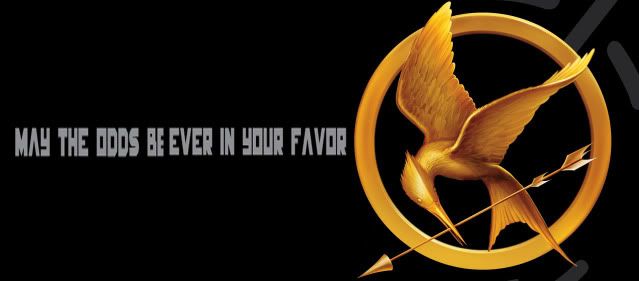Here are select interviews with Hunger Games author Suzanne Collins:
“Writing
in The New Yorker last
year, Laura Miller suggested that “The Hunger Games” is most coherent when read
as “a fever-dream allegory of the adolescent social experience”: doesn’t
everything feel like life or death on the battlefield known as the high-school
cafeteria? Many of Collins’s fans surely see “The Hunger Games” through this
prism (one children’s-bookstore owner told me the books would be a good tool
for teachers broaching the subject of popularity). For protective parents,
reading “The Hunger Games” as an allegory of adolescence rather than of war may
be more comfortable. But this is not a theory that appeals to Collins. “I don’t
write about adolescence,” she said. “I write about war. For adolescents.”
"What inspired you to write [The
Hunger Games]?
One night, I was lying in bed, and I
was channel surfing between reality TV programs and actual war coverage. On one
channel, there’s a group of young people competing for I don’t even know; and
on the next, there’s a group of young people fighting in an actual war. I was
really tired, and the lines between these stories started to blur in a very
unsettling way. That’s the moment when Katniss’s story came to me."
Q: What do you hope readers will
come away with when they read The Hunger Games and/or Catching Fire?
A: Questions about how elements of
the book might be relevant in their own lives. And, if they’re disturbing, what
they might do about them.
Q: What were some of your favorite
novels when you were a teen?
A: A Tree Grows in Brooklyn by
Betty Smith
The Heart Is a Lonely Hunter by Carson McCullers
Nineteen Eighty Four by George Orwell
Anna Karenina by Leo Tolstoy
Slaughterhouse-Five by Kurt Vonnegut
A Wrinkle in Time by Madeleine L’Engle
Lord of the Flies by William Golding
Boris by Jaapter Haar
Germinal by Emile Zola
Dandelion Wine by Ray Bradbury
More video interviews with Scholastic.
